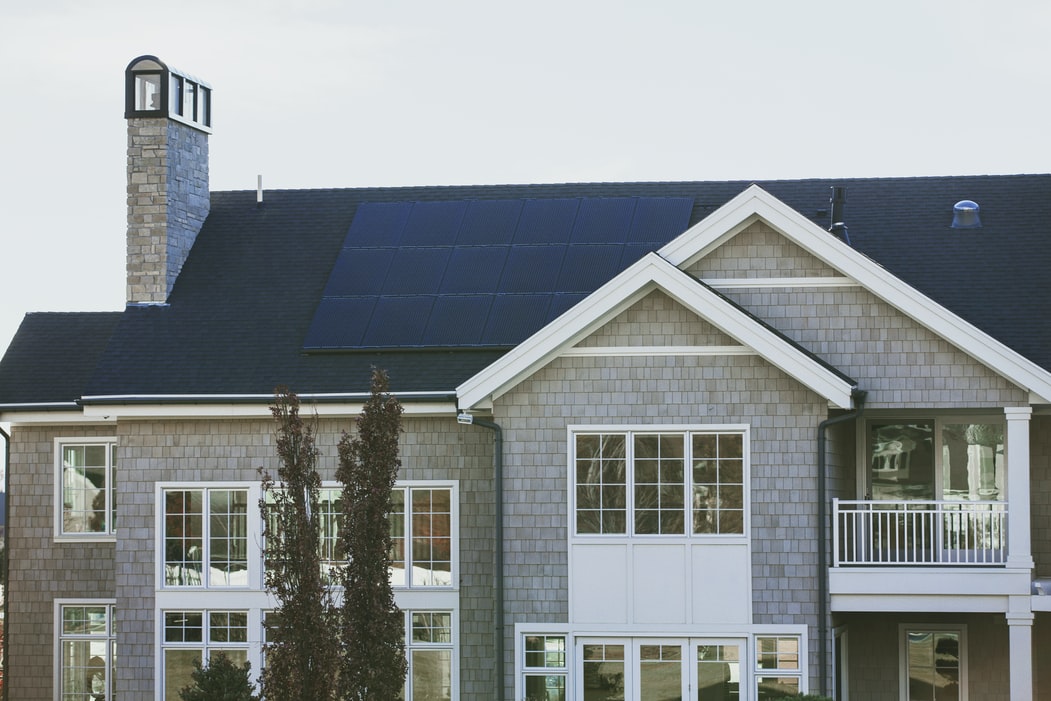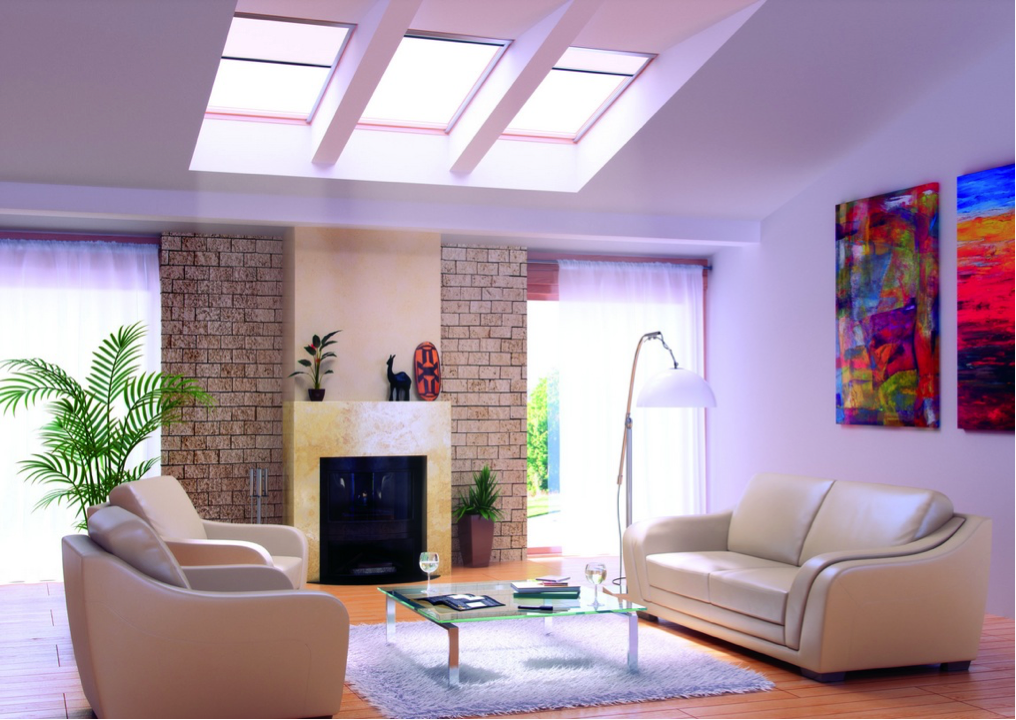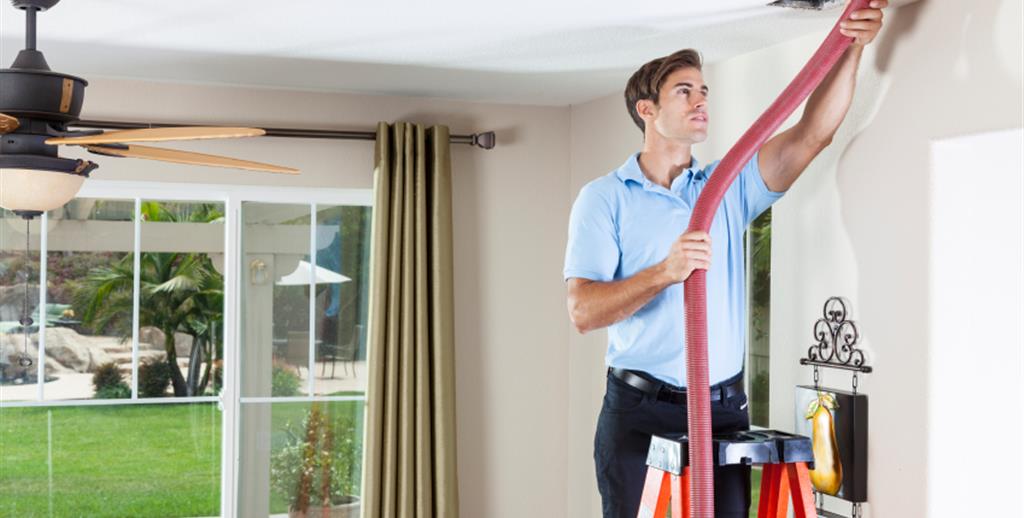What is A Solar Panel and How Does it Work?
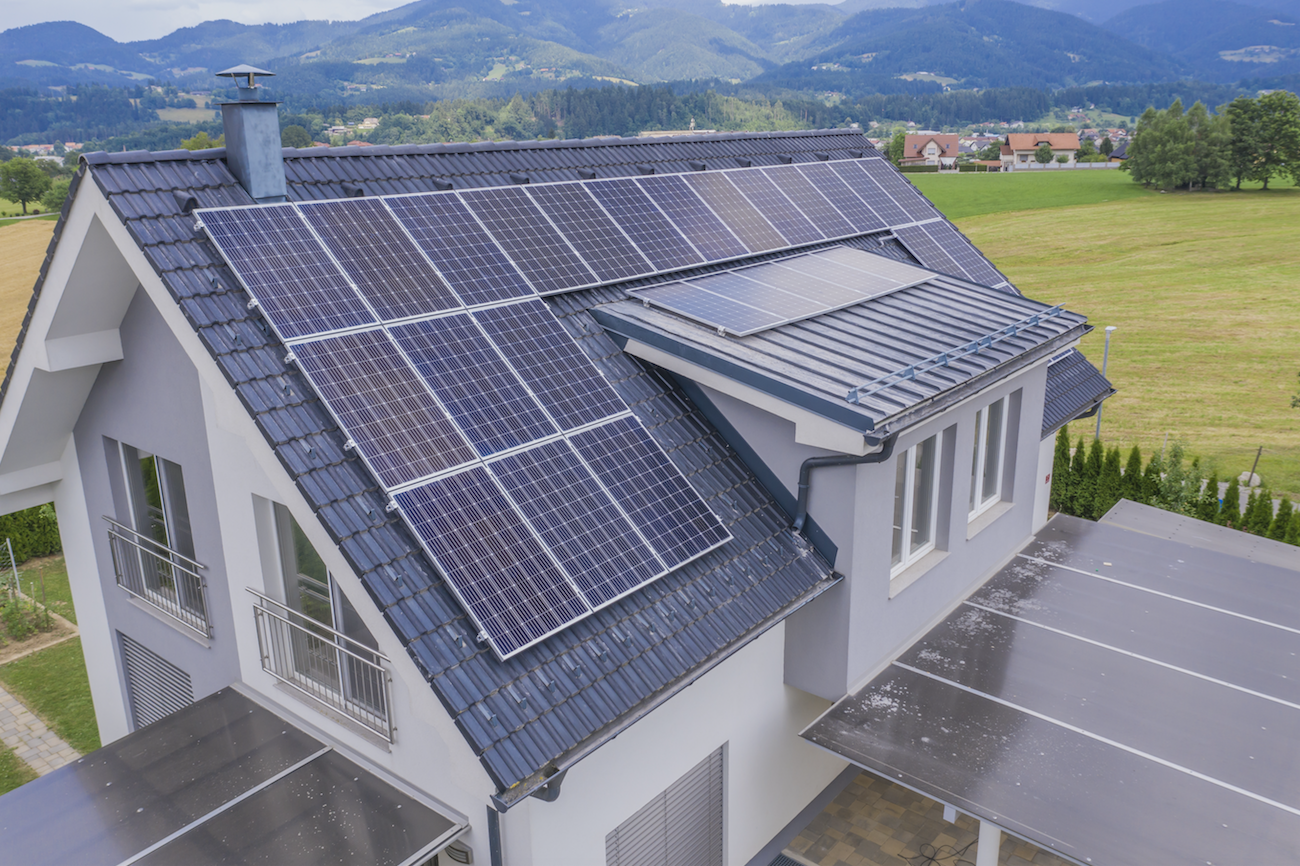
Considering installing solar panels on your home? This article is for you!
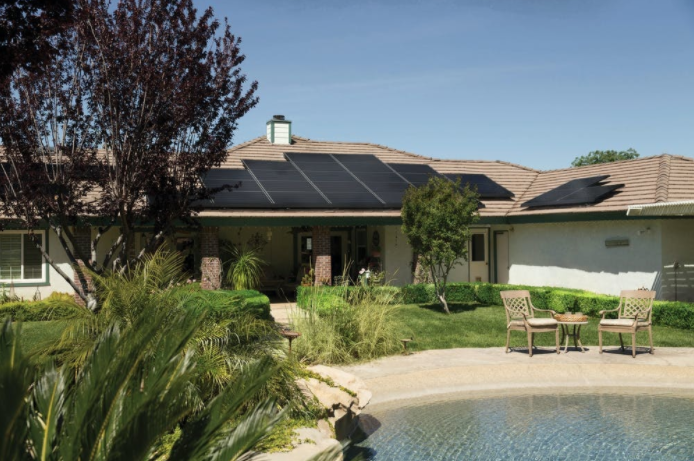
Photos By: Unsplash, Freepik
There are various forms of energy available today. These different energy sources are either renewable or non-renewable. It is an essential commodity that is required by homes, businesses and economies. Most of the world still relies on non-renewable energy like natural gas, petroleum, nuclear, coal, etc. However, most nations are driving their economies towards renewable energy sources and encouraging businesses and homes to move in that direction. In fact, some governments provide incentives for this. Renewable sources of energy include energy from the wind, hydroelectric power, hydropower, tidal and solar energy. You can read about the different sources of energy here.
Of all these, solar power remains a popular and easily accessible choice for most people. This makes it a common choice for a lot of homes and business that wants to move from non-renewable to renewable energy sources. Solar power is energy that is derived from the sun. It is readily available, cheap and abundant. It is also effective, inexhaustible and comes with several benefits. These include that it is a clean source and it is cheap. You do not necessarily need a huge outlay of investment to install it.
Although the initial outlay may be high, depending on the size and capacity you require, you can recoup your investment over time. It also requires little to no maintenance. To use it effectively, it has to be converted to electricity or other forms through the use of photovoltaic (PV) panels. These are popularly known as solar panels. Another method to convert the sun to useable energy is through concentrated solar power. You may also use the combination of the two methods.
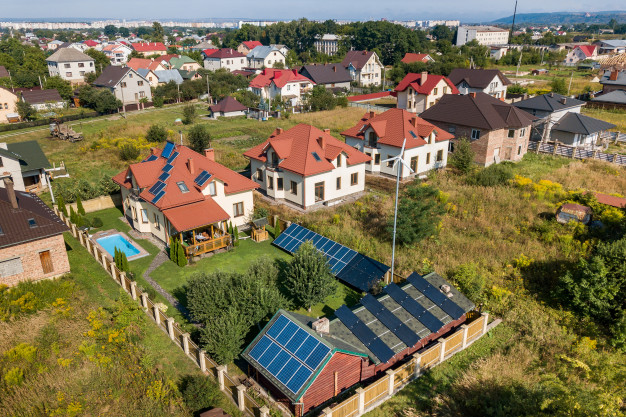
1. What are Solar Panels?
Solar panels are basically used for converting energy from the sun into electricity. Sunlight is made up of energy particles which are called photons. By using a photovoltaic panel, these photons can be used to generate electricity which is then used to power electrical devices. These panels are useful for a wide range of applications such as telecommunications equipment, remote power systems and remote sensing. They are great for providing electricity to commercial and residential premises.
Edmond Becquerel a French Physicist discovered the “photovoltaic effect” in 1839 and this is the principle on which solar panels operate. The photovoltaic effect allows sunlight to be converted to electricity when electrodes coated with silver chloride or bromide are illuminated. Charles Fritts improved on this when making the first solar cell by coating selenium sheets with thin layers of gold. This eventually gave birth to what is now known as solar panels. The first panel was however produced by Bell Laboratories through the invention of an American inventor Russel Ohl. These panels were first used in space satellites and later were embedded in calculators. Today, they are used in powering many other applications. You can learn more about their history by reading through this article.
2. How Do They Work?
A solar panel comprises of diverse individual solar cells which are composed of layers of phosphorus, silicon and boron. While phosphorus provides the negative charge, boron provides the positive charge. This allows the panels to absorb photons coming in through sunlight. In doing so, the photons initiate an electric current. This generated energy from the photons allows the electrons to be removed from their atomic orbit. They are then released into the electric field that was generated by the solar cells and pulled into a directional current. This is the process referred to as the photovoltaic effect.
Typically, these panels are placed on the roofs of buildings. An average building has enough room to accommodate the number of panels that are required to power such a building. They may also be installed on a land adjacent or close to the building. Any excess electricity may be supplied to others or sent to the national grid. In a balanced grid-connected layout, the panels generates electric current during the day and this is utilized at night. Depending on your location, you may get paid if your solar panel system generates more power than you require.
In an off-grid system, some of this power may be stored in batteries and used at a later time. For this, you will require a charge controller and an inverter. The solar array provides direct current to the battery through the charge controller. The inverter converts this to alternating current that is useable on a premises.
3. Benefits Of Solar Panels
Solar panels can help harness the sun’s energy and convert it into electricity that households and commercial establishments can use in their daily needs and operations. Utilizing solar panels is a great way to take advantage of natural electricity, which can help save money on electricity bills.
In addition, you can also help reduce the electricity consumption rate using coal from power plants because power plants generate electricity through the combustion process. It creates wastes containing trace amounts of uranium, thorium, and other naturally-occurring radioactive material or NORM that can harm the environment. Hence, solar energy is an excellent alternative to traditional electricity coming from coal power plants, helping environmental preservation.
The prices of electricity are increasing every year. Resorting to renewable energy, such as solar energy, through the help of solar panels is an excellent way to save money on the rising cost of energy. You can use excess solar electricity to obtain credits and rebates from the government.
Aside from solar energy and other renewable energy sources, it’s a good thing that government-mandated energy deregulation. Home owners in deregulated states like Texas can pick their electricity supplier. They can compare electricity prices online to get the best rates.
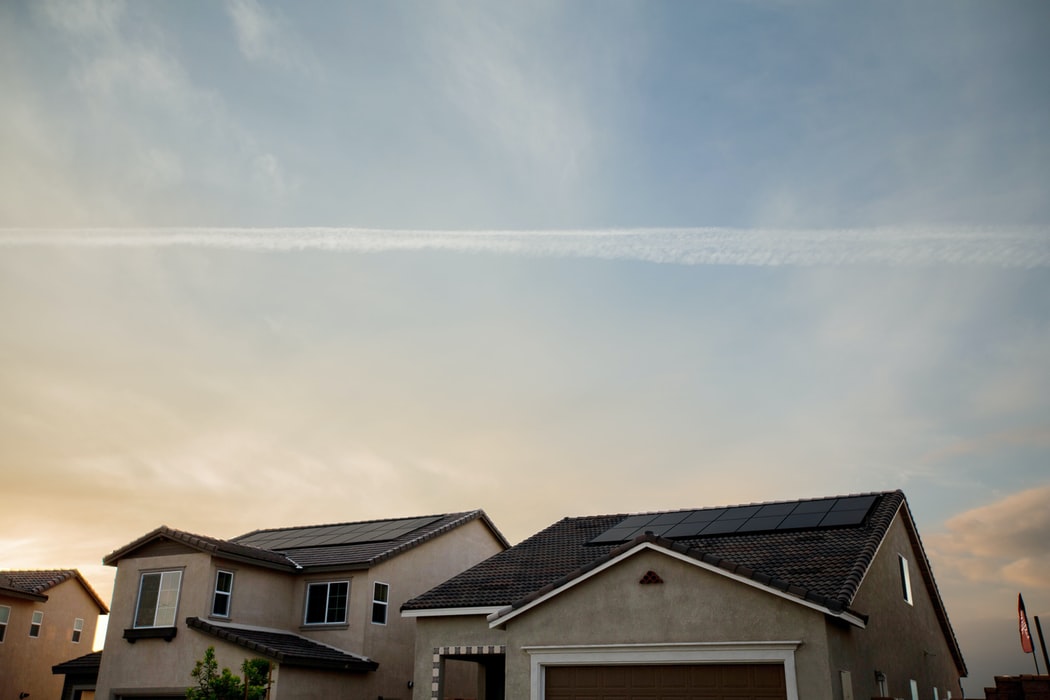
4. Installing Solar Panels
Now you know about solar panels and how they work. How then do you buy and install for your residential or commercial premises? There are several brands available but you do not have to worry so much about that. What you need to do is reach out to suppliers and installers to help out with your installation. Installers can advise you on the best panels to install and the best location to install them. You can visit Your Solar Spot for help with finding the right installers. However, before installation, ensure to ascertain the costs involved. You may be able to get financing, tax rebates as well as incentives. Also, remember to check to see if you require a permit to install them in your city.
Conclusion
There are several benefits to using renewable energy sources like solar power. Asides from the fact that is it inexhaustible, it is cheap, clean and requires little maintenance. Typically, you need a one-off installation. Additionally, you may even be able to get paid for excess power generated and get tax rebates and other incentives. All you need to do is install good quality and durable solar panels to begin enjoying all of these benefits.


